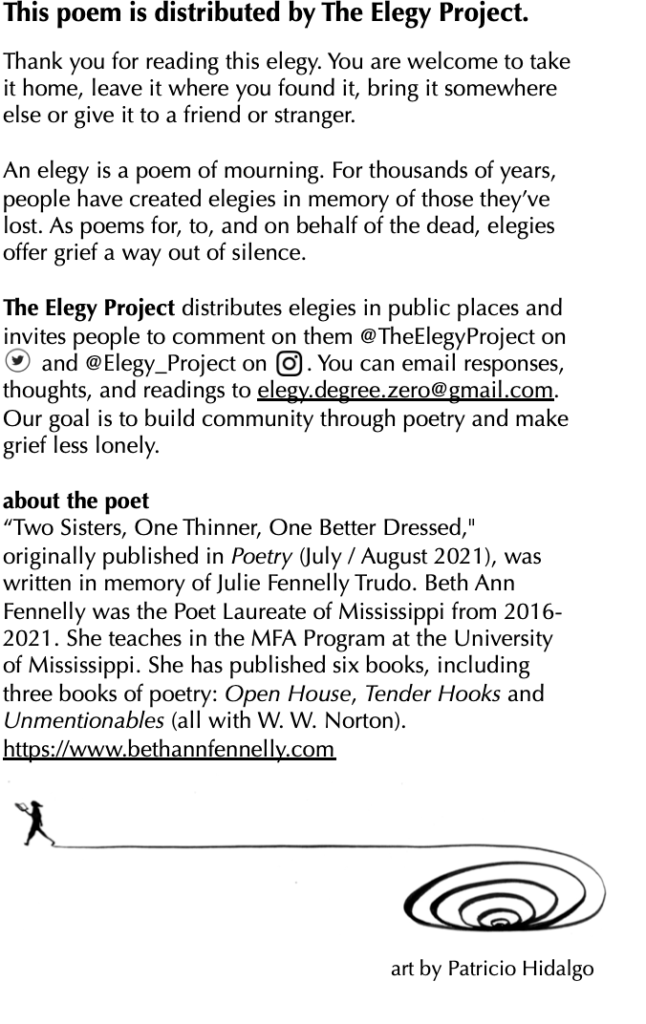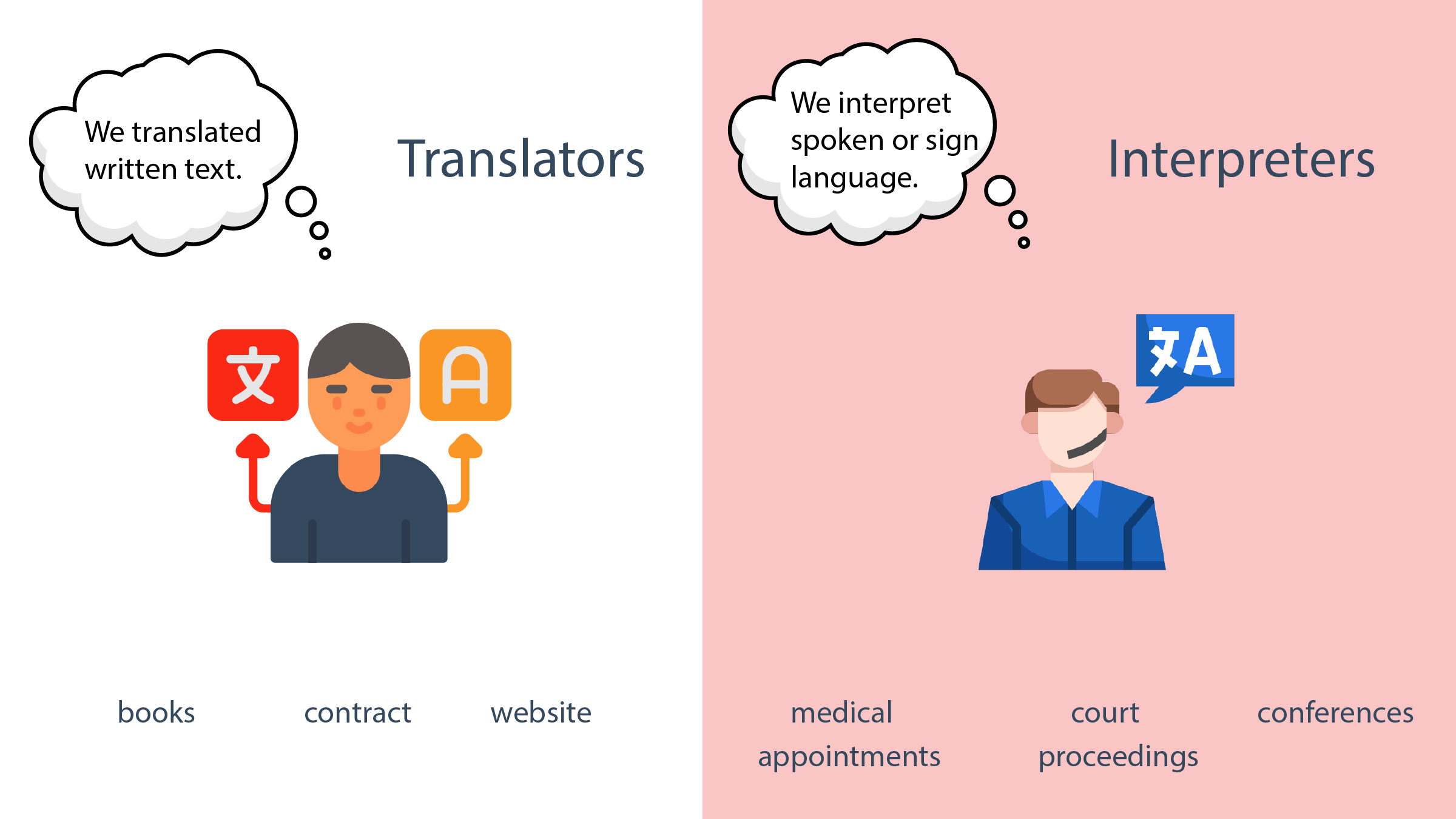The Elegy Project stands at the intersection of creativity and communal healing, offering a unique space for individuals to confront loss and express their emotions through the art of poetry. In a stunning collaboration at Harvard’s Woodberry Poetry Room, workshops encourage participants to explore the themes of grief while fostering connections within the creative writing community. By facilitating poetry workshops that intertwine personal experiences with collective narratives, the Elegy Project not only emphasizes the importance of public poetry initiatives but also encourages participants to craft their own elegies. This innovative project draws from the profound tradition of elegy, paying homage to the nuances of mourning and celebration found in Harvard poetry. As poets and non-poets alike gather to share their stories, the Elegy Project proves that writing can catalyze healing and connection, especially in times marked by loneliness.
The Elegy Project serves as a poignant platform for exploring the themes of loss and remembrance through the medium of verse. By creating a welcoming environment for aspiring poets and writers, this initiative fosters a sense of belonging and shared experience, allowing participants to connect through their personal narratives of grief. With its emphasis on fostering a vibrant creative writing community, the Elegy Project invites individuals from all walks of life to engage with the powerful concept of elegy, encouraging expression and understanding. Moreover, the initiative aligns with broader public poetry initiatives aimed at democratizing access to literary expression, particularly within educational settings like Harvard. Ultimately, this project not only honors the tradition of elegy but also amplifies the voices of those navigating the complexities of human emotion.
The Significance of the Elegy Project
The Elegy Project has emerged as a beacon for those grappling with loss and isolation during the pandemic. It is not merely about writing poetry; it’s an initiative that addresses the very human experience of grief. Workshops held in Harvard’s Woodberry Poetry Room offer a creative outlet for participants to craft elegies, turning personal sorrow into shared expression. This collaborative environment, led by experienced poets, fosters community engagement, demonstrating the profound impact that poetry can have on the individual and collective psyche.
In a world where the experience of grief can often feel isolating, the Elegy Project seeks to transform loneliness into a sense of belonging. By placing poetry cards in public spaces, the initiative actively invites strangers to connect over their shared experiences of loss. This approach not only makes poetry accessible but also reinforces the notion that grief, while personal, is a universal thread that binds us all, allowing participants to process their emotions in a supportive community setting.
Connecting Through Poetry Workshops
Poetry workshops, particularly those affiliated with the Elegy Project, serve as vital spaces for the creative writing community to come together. These workshops encourage individuals from diverse backgrounds, whether they are students, professionals, or retirees, to delve into their personal narratives and express their emotions through poetry. The collaborative nature of these workshops highlights the importance of dialogue among participants, fostering an environment where sharing experiences enriches the creative process.
The role of experienced workshop leaders cannot be understated; their prompts and guidance help participants overcome the initial barriers of self-doubt and writer’s block. Through structured activities and the exploration of existing texts, individuals can discover their unique voices while feeling supported by their peers. This framework not only helps in honing their writing skills but can also build a stronger connection to the emotional aspects of writing, allowing participants to process complex feelings related to grief and loss.
Harvard’s commitment to poetry and community engagement is reflected in these workshops. They promote an inclusive atmosphere where poetry is seen as a tool for self-expression and healing. As Mary Walker Graham stated, workshops like the Elegy Project’s are essential for encouraging everyone to engage with poetry—not just as passive consumers but as active creators who can explore the depths of their emotions.
Grief and Poetry: A Healing Connection
The intersection of grief and poetry offers profound opportunities for healing. In the context of the Elegy Project, participants are invited to explore their own losses, crafting elegies that resonate with their personal experiences. This act of writing not only serves as an outlet but also acts as a means of understanding and processing the complexity of emotions tied to grief. Elegy, as a poetic form, embodies the yearning to remember and honor those we have lost, making it an ideal medium for personal reflection and communal sharing.
Articulating grief through poetry can lead to catharsis, allowing individuals to confront their losses head-on. The workshops facilitated by the Elegy Project recognize this need, providing participants with the tools to explore their feelings in a supportive community. This communal approach to writing helps lessen the isolation often felt during periods of mourning, reinforcing the idea that one is not alone in their experience of sadness. As writers share their work, they contribute to a collective understanding of grief, further enriching the community’s emotional landscape.
Harvard’s Role in Public Poetry Initiatives
Harvard’s Woodberry Poetry Room stands at the forefront of public poetry initiatives, exemplified by the Elegy Project. This initiative aligns with Harvard’s mission to foster creativity, scholarship, and community engagement. By hosting workshops aimed at democratizing poetry, the university plays a crucial role in breaking down barriers that often keep individuals from participating in the literary arts. The focus on accessibility ensures that poetry is not exclusive to academia but is a vibrant part of everyday life.
Through funding programs like the Community Megaphone grant, the Poetry Room actively supports local poets and initiatives that prioritize community involvement. This investment not only enhances the visibility of poetry within the broader cultural tapestry of Boston but also acknowledges the vital contributions of community members. By facilitating workshops and readings, Harvard reinforces the idea that poetry belongs to everyone, fostering a rich environment where diverse voices can be heard and celebrated.
Exploring the Theme of Loneliness in Elegy
Loneliness is a poignant theme woven into the fabric of elegy, making it an especially relevant focus for workshops like those in the Elegy Project. The pandemic highlighted the pervasive sense of isolation many experienced, prompting a renewed exploration of this emotional landscape within poetic expression. Elegies provide a vehicle for articulating feelings of solitude, allowing poets to confront their personal experiences and share them with others, alleviating the weight of loneliness.
Through shared readings and discussions in workshops, participants confront their own feelings of isolation while connecting with the universal aspects of grief. This collective exploration transforms the traditionally solitary act of writing elegies into a communal experience, reinforcing the belief that solitude can be understood and mitigated through the power of shared art. The results often lead not only to poignant works of poetry but also to strengthened bonds among participants, proving that through art, connection can be forged even in the depths of sorrow.
The Role of Prompts in Poetry Creation
In the context of poetry workshops, prompts serve as essential tools that unlock creativity. For participants in the Elegy Project, these prompts offer a structured way to delve into their emotions while minimizing the intimidation that can accompany the blank page. By providing a starting point, workshop leaders help participants find their voice and approach writing with a renewed sense of confidence and purpose. The thoughtful prompts can greatly enhance the depth and resonance of their elegies.
Moreover, prompts encourage participants to push the boundaries of their creative expression. They may draw upon themes related to grief, memory, and loss, guiding writers to explore complex emotions that they might not have otherwise addressed. This cultivation of creative exploration fosters not only individual growth as poets but also a richer dialogue within the group, as participants share their unique interpretations and responses to the same prompt, further illuminating the versatility and power of poetry.
Building a Creative Writing Community
Creating a vibrant creative writing community relies on fostering open dialogue between writers of all backgrounds. The Elegy Project exemplifies this notion by welcoming participants from various walks of life, recognizing that creativity flourishes in diverse environments. The workshops encourage an exchange of ideas and experiences that ultimately enrich the participants’ poetic practices. By emphasizing community involvement and collaboration, the project allows individuals to step out of their comfort zones and share their work in a nurturing atmosphere.
This sense of community not only aids in the development of writing skills but also cultivates emotional resilience among participants. The act of sharing personal stories of grief and loss can be tremendously healing, creating an environment where vulnerability is met with understanding and empathy. As individuals connect through the powerful medium of poetry, the Elegy Project highlights the transformative potential of writing as a means to process and articulate emotions, fostering bonds that extend beyond the workshop setting.
Encouraging Accessibility in Poetry
One of the primary objectives of the Elegy Project is to make poetry accessible to everyone, regardless of their background or level of experience. By placing poem cards in public spaces and inviting participants to engage with poetry through workshops, the initiative challenges the notion that poetry is an elite art form reserved for those with formal training. This accessibility not only democratizes the experience of writing but also encourages a broader public discourse around poetry and its relevance to everyday life.
The commitment to accessibility cultivates a sense of ownership among participants, empowering them to recognize their voices within the poetic landscape. The Elegy Project’s approach helps dissolve the barriers that often prevent people from engaging with poetry, allowing individuals to draw upon their own experiences and emotions as sources of inspiration. This commitment to inclusivity ultimately enriches the artistic community and connects people across diverse backgrounds through shared expressions of grief and memory.
The Future of Public Poetry Initiatives
As initiatives like the Elegy Project continue to flourish, they set the stage for the future of public poetry and community engagement. The need for creative outlets during challenging times underscores the importance of promoting accessible poetry programs. As the Elegy Project demonstrates, workshops and public readings can help breathe new life into poetry by allowing individuals to confront their feelings while simultaneously reinforcing the social fabric of the community. This evolving landscape encourages emerging poets to explore the depths of human experience, leading to diverse poetic expressions.
Looking ahead, the potential for innovation and growth within public poetry initiatives is immense. By combining creative writing with community engagement strategies, these projects can attract new audiences and explore novel ways to connect poetry with wider societal issues. This shift not only positions poetry as a vital part of cultural discourse but also affirms its role in fostering empathy and understanding amid a complex world. As more individuals discover the transformative power of poetry, the future of public initiatives like the Elegy Project appears promising, creating avenues for connection and healing.
Frequently Asked Questions
What is the Elegy Project and how does it connect to poetry workshops?
The Elegy Project is a public poetry initiative that aims to make grief less isolating by engaging communities in the creation of elegies. This project includes poetry workshops, where participants can write and reflect on their own poems, fostering a supportive creative writing community.
How does the Elegy Project address themes of grief and poetry?
The Elegy Project specifically addresses themes of grief by encouraging individuals to explore their feelings of loss through poetry. It offers workshops that focus on writing elegies, which are traditional poems that honor the deceased and lament personal and collective losses, especially in light of the pandemic.
Who are the key figures involved in the Elegy Project at Harvard?
The Elegy Project is led by poets Karen Elizabeth Bishop and David Sherman, who collaborate with the Woodberry Poetry Room. Their initiative has gained recognition for its innovative approach to public poetry and community engagement, particularly during workshops that invite diverse participants to express their experiences.
What can participants expect at the Elegy Project workshops?
Participants at the Elegy Project workshops can expect a welcoming environment where they can write their own elegies and engage with poetry through creative prompts. The workshops are designed to foster community, inspire creativity, and provide resources for exploring profound themes of loss and remembrance.
How does the Elegy Project support the local creative writing community?
The Elegy Project supports the local creative writing community by providing opportunities for individuals to participate in poetry workshops, access resources like poetry cards, and engage in public readings. It aims to connect people through shared experiences of grief and the creative expression of poetry.
What impact has the Elegy Project had in response to the pandemic?
In response to the pandemic, the Elegy Project has had a significant impact by providing a space for individuals to express their feelings of loneliness and grief through poetry. The initiative promotes togetherness and healing, helping participants realize they are not alone in their experiences.
How can I get involved in the Elegy Project’s poetry workshops?
To get involved in the Elegy Project’s poetry workshops, you can check their schedule for upcoming events at Harvard’s Woodberry Poetry Room. Participation is typically open to anyone interested in exploring poetry, regardless of their prior experience.
What role do public poetry initiatives, like the Elegy Project, play in society?
Public poetry initiatives like the Elegy Project play a crucial role in society by democratizing access to poetry, fostering community connections, and facilitating the expression of shared human experiences, particularly around themes like grief and remembrance.
| Key Points | Details |
|---|---|
| Collaborators | Maria and Julia Lisella, Josh Kurtz, Kenny Likis, Karen Elizabeth Bishop, David Sherman, and others. |
| Workshop Purpose | To write and reflect on elegies, fostering connections around themes of grief inspired by the pandemic. |
| Elegy Project | An initiative aimed at making grief less lonely by sharing poetry publicly through cards. |
| Inspiration | Inspired by the loneliness caused by the pandemic. |
| Community Engagement | Workshops encourage community involvement in poetry and support individual expression. |
| Quotes | “Elegy is perhaps the most primal and human of poetic impulses…” – Mary Walker Graham |
Summary
The Elegy Project aims to address the themes of loss and grief through community engagement and poetry workshops, inviting individuals from diverse backgrounds to explore their personal experiences with elegy. This project reflects the important role of poetry in healing, particularly during challenging times like the pandemic. By fostering connections and sharing the creative process, the Elegy Project not only honors the tradition of elegy but also encourages a collective exploration of human emotion, illustrating that everyone has the capacity to express their grief through poetry.



